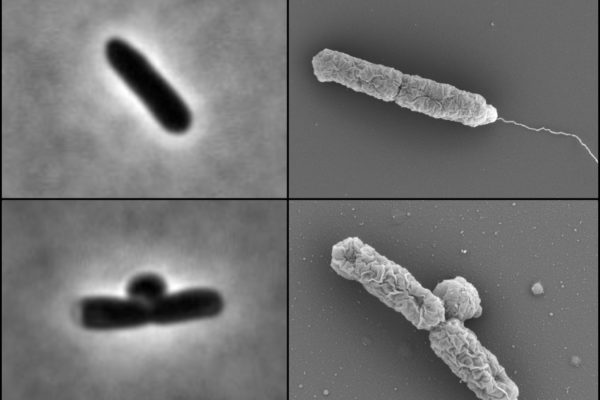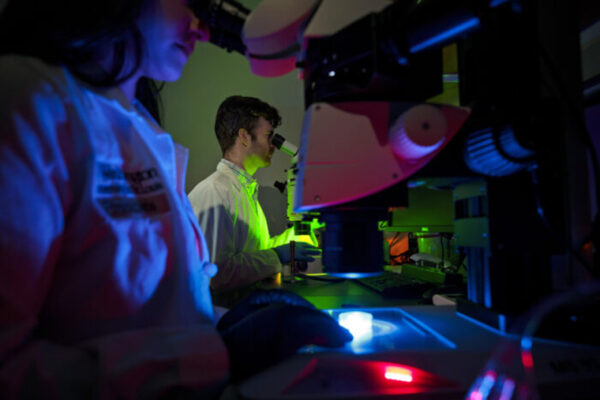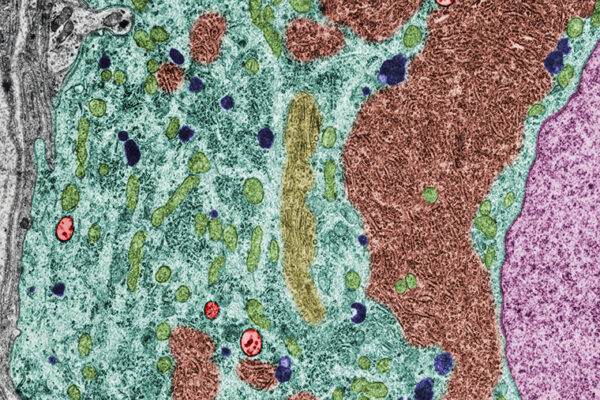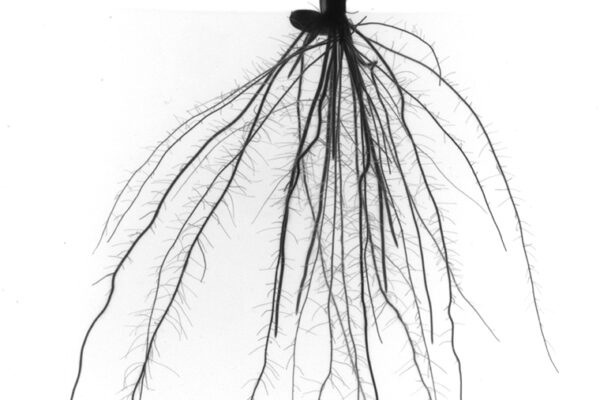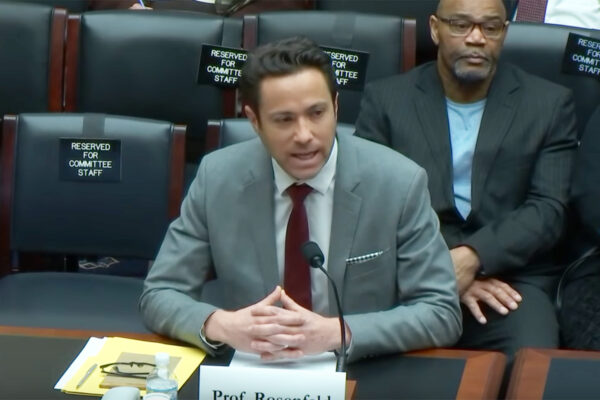Specialist enzymes make E. coli antibiotic resistant at low pH
New research from Arts & Sciences suggests that many “redundant” enzymes are actually specialists that ensure maximal growth across different environments. They also seem to increase resistance to antibiotics in conditions like those in the GI tract or urinary tract — raising concerns that current antibiotic susceptibility tests are inadequate.
Centene and Washington University collaborate to advance personalized medicine research
Centene Corp. and the School of Medicine announced a partnership April 8 to transform and accelerate research into treatments for Alzheimer’s disease, breast cancer, diabetes and obesity. As part of the partnership, Centene will fund up to $100 million over 10 years in research at the university.
Olin Award-winning research: Sifting inhuman options for human choices
Two Olin Business School faculty members at Washington University in St. Louis collaborated to create a new customer choice algorithm designed to better populate six available slots for products in online stores hosted by Alibaba. Their model produced 28% higher revenues in one week — or nearly $22 million. The study earned them the 2019 Olin Award.
Tidying up: A new way to direct trash to autophagy
Marie Kondo herself couldn’t do it any better. Now researchers at Washington University in St. Louis have uncovered a previously unknown structural feature of living cells that is critical to tidying up.
Michael Bloomberg to deliver Commencement address
Michael R. Bloomberg, 108th mayor of New York City and founder of Bloomberg LP and Bloomberg Philanthropies, will deliver the 2019 Commencement address May 17 at Washington University in St. Louis, according to Chancellor Mark S. Wrighton.
Rusted root: Weedy rice repeatedly evolves ‘cheater’ root traits
Researchers led by Kenneth M. Olsen in Arts & Sciences used a new imaging technique to reveal a takeover strategy that has worked for weedy rice over and over again: roots that minimize below-ground contact with other plants.
90th annual Fashion Design Show set for April 14
The Sam Fox School of Design & Visual arts will present its 90th Annual Fashion Design Show April 14 in Anheuser-Busch Hall. The event will feature dozens of models wearing scores of outfits created by sophomore, junior and senior fashion majors.
WashU Expert: New labor laws would strengthen unions, fight income inequalities
New legislation designed to reverse a decades-long decline in worker’s rights under the National Labor Relations Act could play a critical role in reducing the growing income gap between rich and poor in America, according to the recent congressional testimony of a sociologist from Washington University in St. Louis.
Board of Trustees grants faculty appointments, promotions
At the Washington University in St. Louis Board of Trustees meeting March 1, the following faculty were appointed with tenure or promoted with tenure or granted tenure, effective July 1 unless otherwise noted.
Campus celebrates Wrightons at Wrightonpalooza
The Washington University community will celebrate the leadership and legacy of Chancellor Mark S. Wrighton and his wife, Risa Zwerling Wrighton, at Wrightonpalooza, a festival featuring live music, student performances, games and free food from St. Louis’ best food trucks. The festival runs from 3 to 6 p.m. Monday, April 8, on Mudd Field.
View More Stories
